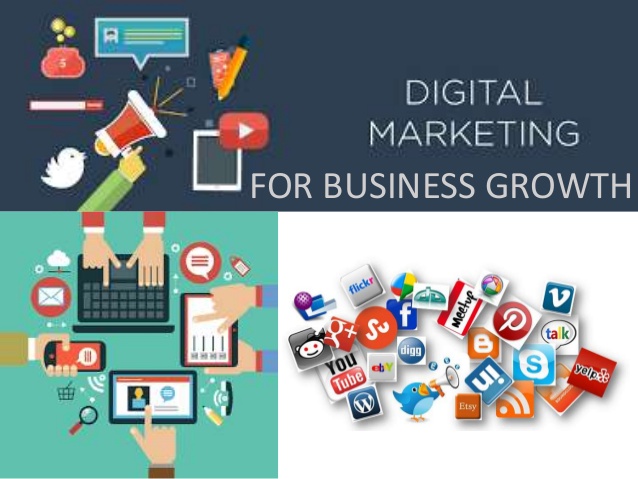- October 19, 2017
- Posted by: SouTech Team
- Category: Blog, Consulting, Digital Marketing, Graphics and Branding

INTRODUCTION
In today’s business world, the commodity marketplace is flooded with various brands and the requirement of the seller’s brand to stand out among other parallel brands is crucial and on the TOP priority list of a business essence. Therefore, there is a fierce competition among the sellers to make their products or services stand out in the market, thereby winning new consumers and retaining the existing ones. In many cases, it even leads to the reason why consumers divert and follow other brands to the seller’s brand. One needs to remain competitive in the marketplace and to be able to achieve this, a strong brand management is required.
WHAT IS BRAND?
“A product is something made in the factory; a brand is something the customer buys. A product can be copied or imitated by a competitor; a brand is unique. A product can be outdated; a successful brand is timeless.”
– Stephen King (WPP Group, London)
On the contrary, Brand Management begins with understanding the term ‘BRAND’. which leads us to the definition of a Brand which may be defined from the brand owner’s perspective or the consumer’s perspective.
There are various popular definitions of a brand like the few I have outlined below:
– “A name, term, design, symbol, or any other feature that identifies one seller’s good or service as distinct from those of other sellers. The legal term for a brand is the trademark. A brand may identify one item, a family of items, or all items of that seller. If used for the firm as a whole, the preferred term is a trade name.” – American Marketing Association
– “A type of product manufactured by a particular company under a particular name.” – Oxford English dictionary
– “A name, term, sign, symbol, design, or a combination of these used to identify the goods or services of one seller or group of sellers and to differentiate them from those of competitors.”– A product-oriented definition
– “The promise of the bundles of attributes that someone buys and provide satisfaction . . .” – A consumer-oriented definition.
THE SCOPE
The fundamental purpose of branding is differentiation. A brand is a means of differentiating the seller’s product from other competing products.
OBJECTIVES OF A BRAND
Your brand objective is just the reason behind building your brand which is more or like how people end up perceiving your product and services and here are some important objectives of a brand:
– To establish an identity for your products and services.
– To protect your product or service legally for its unique features and purpose.
– To procure and acquire a place for your product in the minds of your consumers
– To instigate for high and consistent quality image for consumers knowledge
– To persuade consumers to purchase the product by promising to serve their needs in a unique way.
– To create and send the message of strong reliable business among consumers and clients.
CURTAIN FALL
In this concluding part, I shall be driving you through the actual essence and the reason why your brand is the driving force to your business growth. It is okay to say that branding is a single most compelling thing about a brand or product being differentiated from other competing brands. Brand essence in a bigger way serves as a metric to evaluate the seller’s marketing strategies which are the most important as brand essences arise from consumers’ needs.
For example, Volvo: Safe travel. Disney: Fun family entertainment.
There are seven contributing elements of brand essence and they are:
- Authenticity: If the brand makes a promise and fails to keep, then it is rejected. The consumers expect the sellers to be genuine and truthful.
- Consistency: The essence of a brand is lost if it is not consistent in providing what it promised to the consumer. Also, a brand should use its logo consistently over time.
- Durability: The brand essence remains same over time. Even if packaging and logos change, the essence does not change.
- Experience: It is the consumer’s experience with the brand.
- Uniqueness: It is how different a brand is from its competitors.
- Relevance: It is the relevance of a brand to the consumer.
- Single-mindedness: It is sticking to only one thing about the brand which keeps the brand focused.
This is where I will stop for today, see you around as we take you on further training at Soutech Ventures, Abuja. Enroll today if you are yet to do so…
Cheers!



